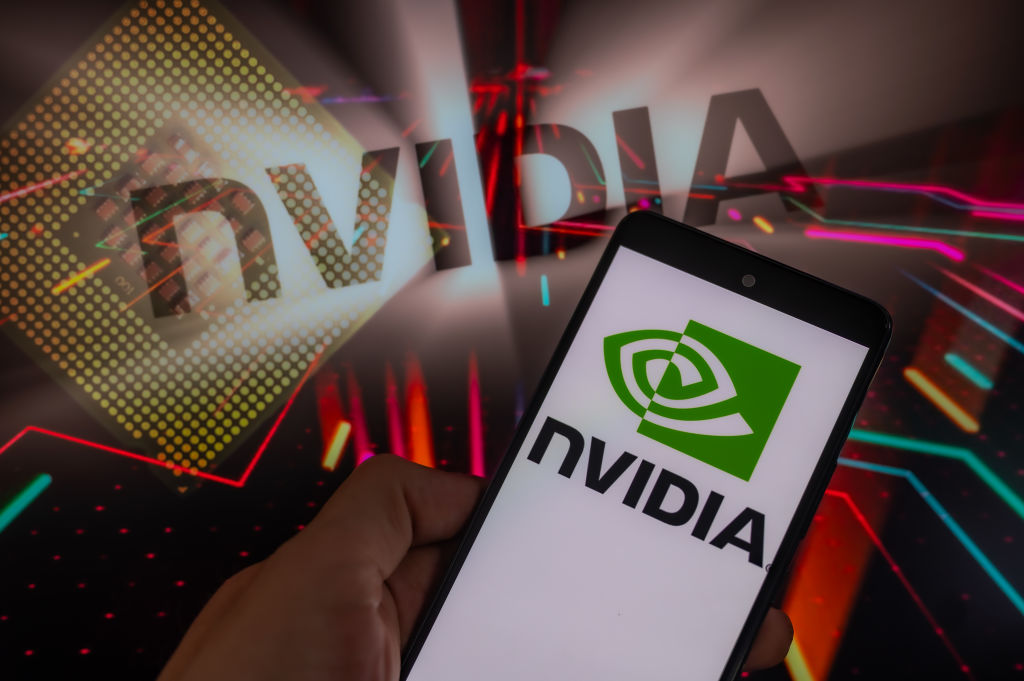Meta's AI Ambitions Hit a Snag: Products Face Critical Problems

Meta is currently undergoing an unprecedented AI buildout, committing to substantial spending that exceeds most of its competitors. The company is in the process of constructing two massive data centers, with reports suggesting an expenditure of up to $600 billion on U.S. infrastructure over the next three years. While such figures might be common in Silicon Valley, they have begun to unnerve Wall Street.
This concern became evident during Meta’s recent quarterly earnings report, which revealed a $7 billion year-over-year increase in operating expenses and nearly $20 billion in capital expenditure. This surge was attributed to intensive investment in AI talent and infrastructure, which has yet to yield significant revenue for the company. When pressed by analysts for more detailed explanations, Mark Zuckerberg, Meta’s CEO, indicated that the spending was only just commencing. Zuckerberg stated that accelerating this investment was “the right thing to do” to secure the necessary compute power for both AI research and new initiatives, as well as to improve the company’s compute stance on its core business. He expressed confidence that with the development of “truly frontier models with novel capabilities,” a “massive latent opportunity” would emerge.
However, Zuckerberg’s reassurances failed to calm investors. Meta’s share price plummeted after the earnings call, dropping 12% by Friday’s closing bell, which represented a loss of over $200 billion in market capitalization. While Meta’s quarterly profit of $20 billion was substantial, this marked the first quarter where the aggressive AI spending visibly impacted the company’s bottom line. Analysts were particularly alarmed by the lack of clear returns on this investment, questioning what the billions spent on data centers and highly compensated AI researchers had actually bought, and when revenue generation from this spending could be anticipated.
The timing of the earnings call proved awkward for Meta, as there was no clear budget for projected spending and no concrete product to anchor a revenue forecast. Consequently, Zuckerberg could only offer general assertions about the future promise of AI, mentioning “all kinds of new products around different content formats” and how “more intelligent models” would enhance the core business, recommendations across the Family of Apps, and advertising.
Meta is not alone in its multi-billion-dollar AI infrastructure investments. Companies like Google and Nvidia, which had strong quarters, have not seen their investors similarly spooked. OpenAI, for instance, also spends heavily but is backed by one of the fastest-growing consumer services in history, ChatGPT, which generates $20 billion annually in revenue. This fast-growing Annual Recurring Revenue (ARR) provides a clear answer to questions about spending, a product Meta currently lacks.
Meta’s existing AI products include the Meta AI assistant, which Zuckerberg noted has over a billion active users. However, these figures are largely influenced by the three billion active users on Facebook and Instagram, and the current version of Meta AI is not considered a direct competitor to ChatGPT. The company also has the Vibes video generator, which boosted daily active users but has limited broader business impact. The Vanguard smart glasses, released recently, are seen more as an extension of Meta’s Reality Labs work rather than a direct application of large language models.
Essentially, Meta’s current AI offerings are viewed as promising experiments rather than fully developed products. When pressed on infrastructure spending, Zuckerberg emphasized the “next generation” of products and the pending impact of the Superintelligence Lab’s new models, promising more details “in the coming months.” However, the market’s reaction indicated that this answer is no longer sufficient.
While it has only been four months since Zuckerberg restructured Meta’s AI team, and the new Superintelligence team has yet to launch a groundbreaking AI product, the pressure is mounting. Despite billions being spent to maintain competitiveness in AI, Meta’s strategic role in the evolving AI industry remains ambiguous. Whether Meta AI will leverage personal data to become a ChatGPT rival, if Vibes is a step towards consumer entertainment through targeted ads, or if “business AI” hints at an enterprise strategy, is still an open question. Meta faces significant pressure to define its AI path and demonstrate tangible returns soon.
Recommended Articles
Nvidia Forges Ahead: Bolstering AI Alliances with South Korea's Tech Giants

Nvidia deepens its AI partnerships with South Korea’s leading tech giants — Samsung, Hyundai, SK, and Naver to drive inn...
AI Powerhouse: Nvidia Fuels South Korea’s Tech Ambitions with 260,000 Chips

Nvidia partners with South Korea to deliver 260,000 advanced AI chips, empowering Samsung, Hyundai, and NAVER Cloud in P...
AI Wars Ignite: Reliance Jio Unleashes Free Gemini Pro in Fierce Battle Against Airtel's Perplexity

Indian telecom giants Jio and Airtel are intensifying their battle for AI supremacy, moving beyond 5G. Jio has partnered...
Meta's Profit Crushed by Staggering $16 Billion Tax Hit, Linked to Trump-Era Bill

Meta Platforms Inc. recently faced a nearly $16 billion one-time charge in its third quarter, significantly impacting ea...
Multimodal AI Startup Fal.ai Reaches Staggering $4 Billion+ Valuation

Fal.ai, the multimodal AI infrastructure startup, hits a $4 billion+ valuation after raising $250 million, providing dev...
You may also like...
Wolves Coaching Chaos: Pereira Fired, High-Stakes Search for Replacement Begins!

Wolverhampton Wanderers have sacked manager Vitor Pereira after a dismal start to the Premier League season, leaving the...
Netflix's Next Sensation: Forgotten HBO Series with 97% RT Score Set to Explode!

The critically acclaimed series Minx is making its highly anticipated move to Netflix on November 4, marking its third s...
Hollywood Crisis: October Box Office Hits Devastating 30-Year Low!

October proved to be a historically challenging month for the box office, recording its worst collective haul since 1997...
Cardi B's Sideline Surprise: Rapper Cheers On Boyfriend Stefon Diggs at Patriots-Falcons Game

Cardi B made a high-profile appearance at Gillette Stadium, cheering on the New England Patriots while seated next to Ro...
Taylor Swift Reigns Supreme: 'The Life of a Showgirl' Dominates Billboard 200 for a Month

Taylor Swift's "The Life of a Showgirl" secures its fourth week at No. 1 on the Billboard 200, extending her record amon...
Fintech Powerhouse Flutterwave Unites with Polygon to Ignite Stablecoin Payment Revolution

Flutterwave has partnered with Polygon Labs to launch a stablecoin-powered cross-border payment network across 34 Africa...
Cambridgeshire Train Terror: Hero Staffer Fights for Life After Tackling Attacker

A mass stabbing on an LNER train between Peterborough and Huntingdon resulted in 11 hospitalizations, with a heroic rail...
Ghana Welcomes German President for Landmark State Visit

German President Frank-Walter Steinmeier embarked on a three-day state visit to Ghana, engaging in high-level discussion...